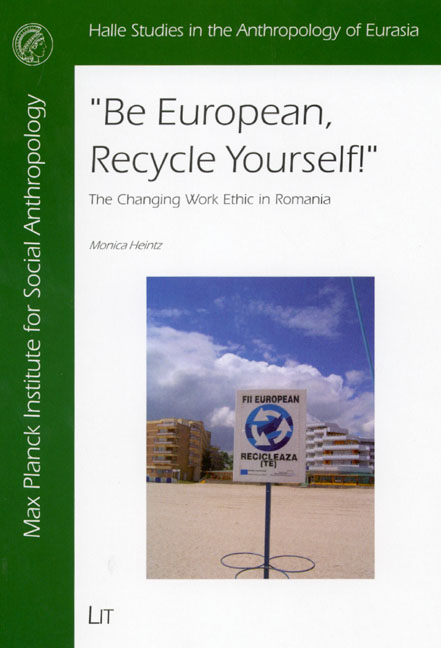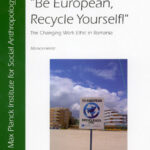Beschreibung
“Westernisation” and the prospect of European integration have been formidable catalysts for social and economic change in Eastern European countries since 1989. Full of promises and expectations but lacking economic means and adequate structures, Romanian enterprises have faced particularly difficult problems. Prompted by employees’ self-criticism, this book explores the dynamics of work values in the service sector in Bucharest. Based on long term ethnographic fieldwork, the study analyses the factors determining social and cultural change at the local level, from the impact of Western ideologies and symbolic measures to concrete organisational and economic constraints. Monica Heintz emphasizes the impact of the forced pace of change, which caused social disorder and disrupted individual values. She challenges the notion of a universal ethic of work and argues that what governs relationships between employers, employees and clients in the Romanian context is simply an ethic of human relations.
Monica Heintz (PhD 2002 Cambridge) is Lecturer in the Department of Social Anthropology, University of Paris 10- Nanterre and a member of the Laboratoire d’Ethnologie et de Sociologie Comparative, Nanterre. She was previously a Research Fellow of the Max Planck Institute for Social Anthropology in Halle. She has conducted long term fieldwork in Romania and the Republic of Moldova.


 Download
Download 